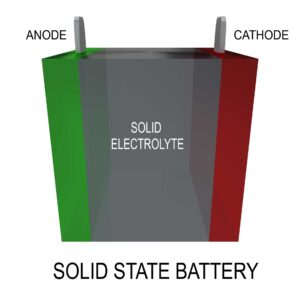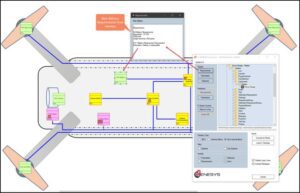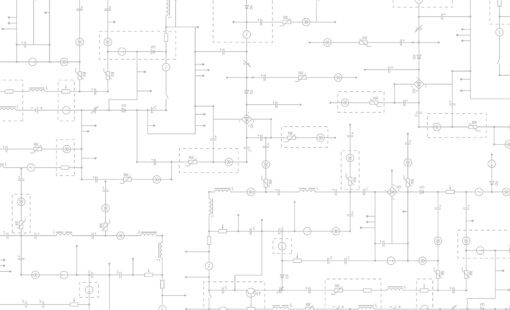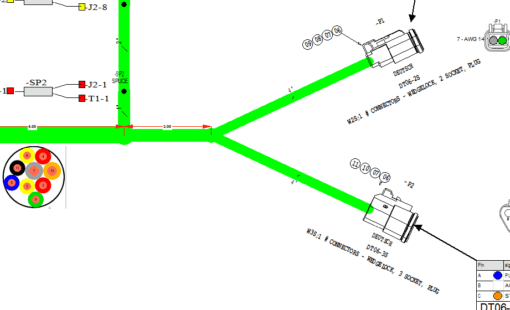Battery technology is an area of development that continually pushes the possible boundaries in today’s world of technological innovation. Currently, advanced battery technologies are more important than ever. New fields like electric vehicles (EVs) and renewable energy storage continue to gain momentum as we increasingly depend on electronic devices in all aspects of our lives.
At the heart of these developments is a relationship shaping our future. A synergy between battery technology and electronic design. In this post, we’ll discuss recent advances in battery technology, their impact on the industry, and how Zuken’s E3.series enables the future of battery-powered technology.
Energy Evolution: The Battery Technology Boom
Today, batteries play a vital role in almost all aspects of our lives. Think of our smartphones, laptops, and vehicles. There is great competition to develop batteries that are durable, fast-charging, environmentally friendly, and cost-efficient to produce at scale.
The development of solid-state batteries is among the most significant advancements in recent years. Unlike traditional lithium-ion batteries using liquid or gel electrolytes, solid-state batteries employ a solid electrolyte. This change has profound implications, including increased energy density, longer lifespan, and a substantially reduced risk of failure or combustion.

Alongside solid-state technology, other innovations involve the investigation into alternative battery chemistry. These alternatives include two options: 1) lithium-sulfur batteries boasting five times the energy density of lithium-ion counterparts, and 2) sodium-ion batteries, which provide a more abundant and potentially less expensive alternative.
A Green Future: Sustainable Battery Technology
In addition to its focus on performance, the industry is gaining momentum in the pursuit of battery technology with increased sustainability. As society becomes more environmentally conscious, so too does the drive toward greener, sustainable solutions.
Lithium-ion batteries are certainly effective. However, they raise environmental concerns due to their requirement for mining finite resources and the challenges they pose for recycling. As a result, this situation prompts a shift toward using more abundant and less harmful materials, as well as designing batteries that are easier to recycle at the end of their lifespan.
Powering Design: How Zuken is Leading the Charge
As these advancements in battery technology progress, electronic design must keep pace. As a global leader in electrical and electronic design software, Zuken plays a critical role in facilitating these advancements to ensure they are efficiently incorporated into real-world applications.
Our E3.series tool suite provides a robust solution for designing, documenting, and detailing electrical and fluid engineering. It supports end-to-end model-based systems engineering, providing a comprehensive view and enabling designers to accurately represent complex systems.

One unique feature of E3.series is its ability to seamlessly integrate with mechanical CAD systems, enabling concurrent engineering between electrical and mechanical teams. This feature becomes invaluable with increasing battery importance and integrating electrical and mechanical elements in products like electric vehicles.
Moreover, with our advanced simulation capabilities, designers can predict how batteries will perform in real-world scenarios. This ability is vital for solid-state batteries and other new technologies, where long-term performance and reliability are paramount.
Powering the Future
At Zuken, we strive to be an active participant in the growing battery industry, equipping engineers with the essential tools to create the future of electronic devices. With tools like E3.series, we empower engineers to construct complex battery-powered devices with ease, enabling them to develop the next generation of technologies.
Related Products and Resources

- Blog

- Blog

- Blog

- Blog

